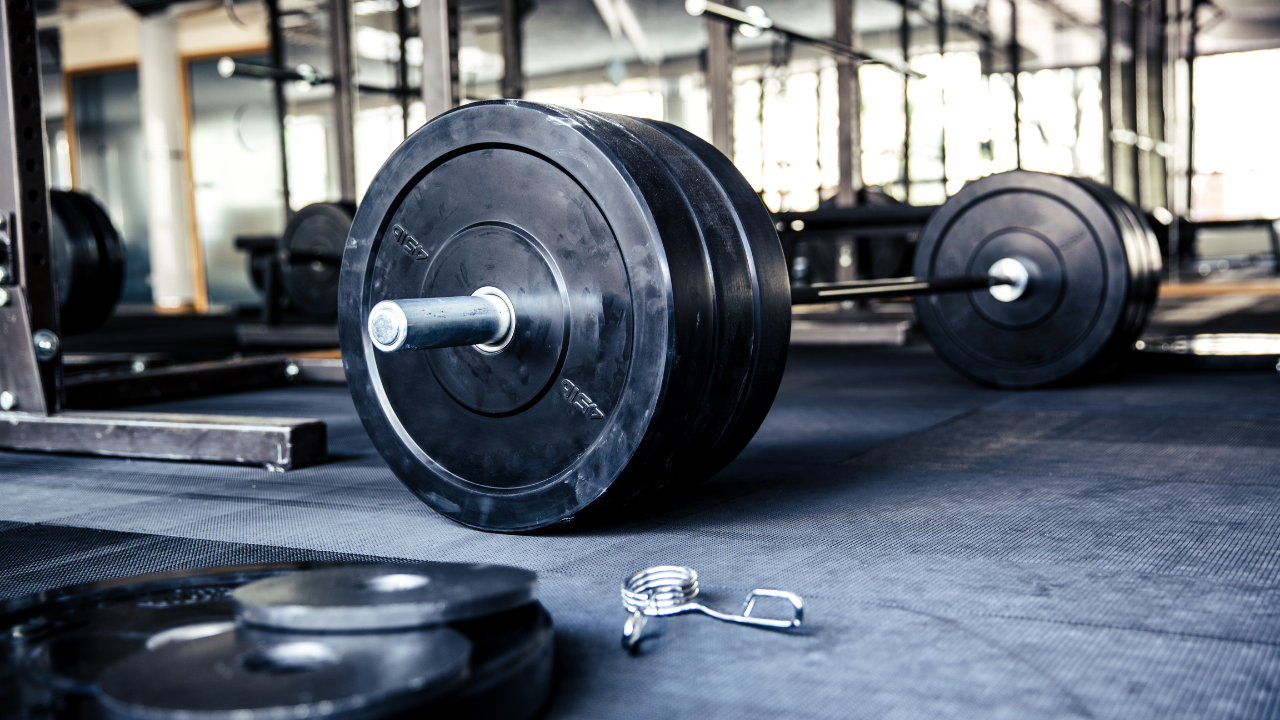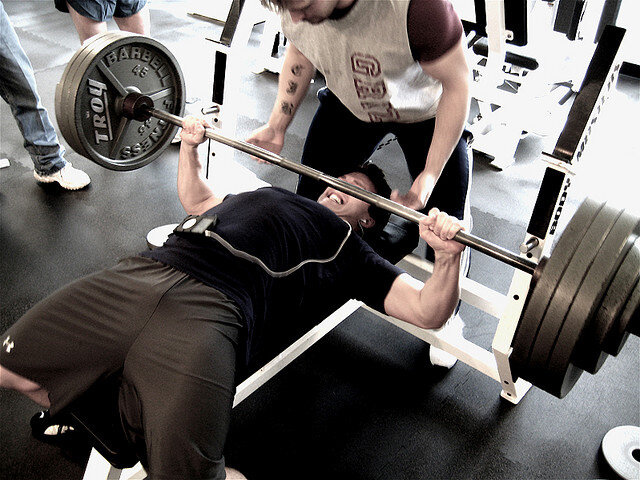

What Are Microworkouts?
Microworkouts are super short workouts that are usually only one or two exercises that are done until failure. They can be useful for targeting specific muscles and accessory work that would allow individuals to build muscle faster outside of their regular workouts. They can also be good for people who struggle to make time for longer workouts, but still want to add movement into their daily routines.

Rest Periods Revisited
This post continues on from an older post about rest periods, and clarifies some of the potential nuances involved. In particular, while longer rest periods may be better, this needs to be considered in the context of a lot of other variables, and being proactive about managing your workouts based on total volume of training (rather than individual variables like rest periods) may be more meaningful overall. This also helps to explain why some lifters can get away with not following strict programming, training by feel, while still seeing great results.

A Humble Proposal: Factoring Percentage of Reps Into Reps In Reserve Calculations
RPE (ratings of perceived exertion) and RIR (reps in reserve) can be useful training tools for some sports where the goal is to train to failure or near failure, but there is no catch-all number that works for all exercises. Generally, RPE is used for managing heavy efforts of weight or reps, and not for exercises where training to failure or near failure would inhibit the continuation of training like working on endurance for running a marathon. Instead of static numbers, RPE/RIR can function as a percentage of total effort to be applied to a wider range of workouts.

Learning To Hold Back
Most people believe that the real struggle is in motivating people to put in hard effort - I find from experience, that often it is the exact opposite. Many people struggle to hold themselves back, want to push themselves too hard, and as a result, suffer from suboptimal results and burnout. Learning to hold back and pick your battles, is an important skill in long term success in fitness and self-improvement efforts.

How Fast Should You Lift?
It’s commonly believed that slower reps produce better results, though recent research strongly contradicts this old school wisdom. While high speed reps generally produce better results, there are still some caveats and nuances to understand. Understanding these nuances will help you understand when to apply purposefully fast reps, and when it may help to slow things down a bit.
